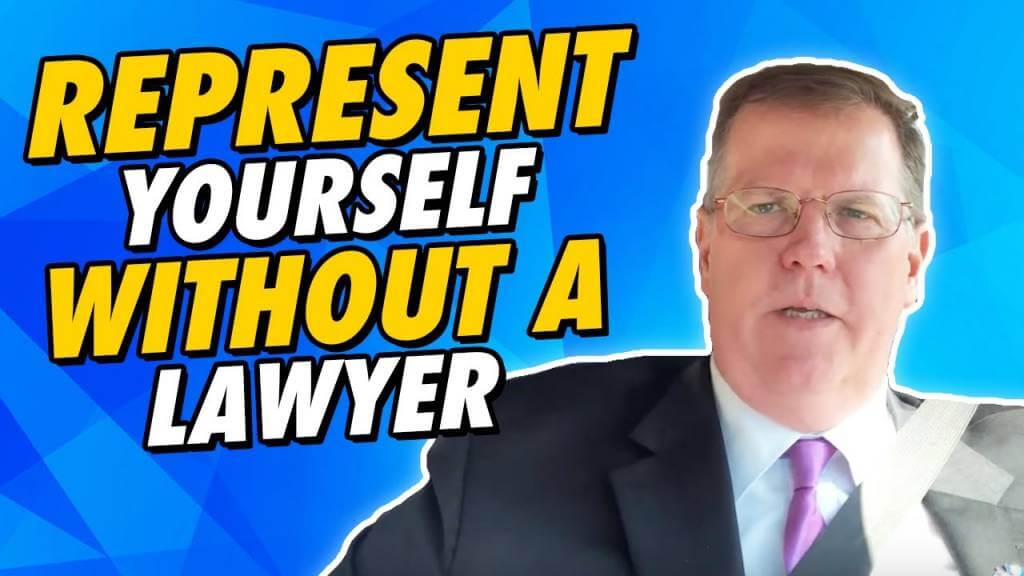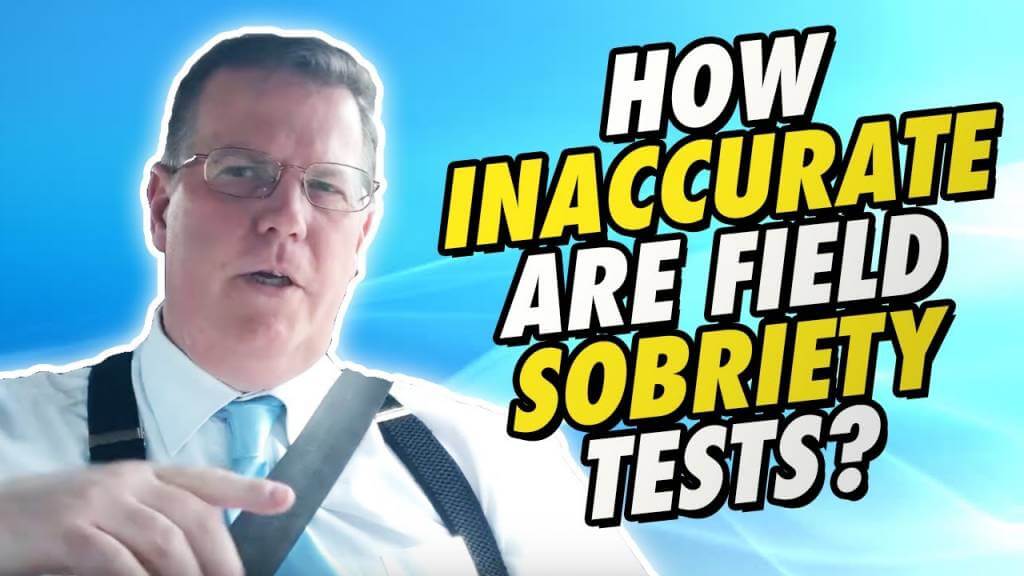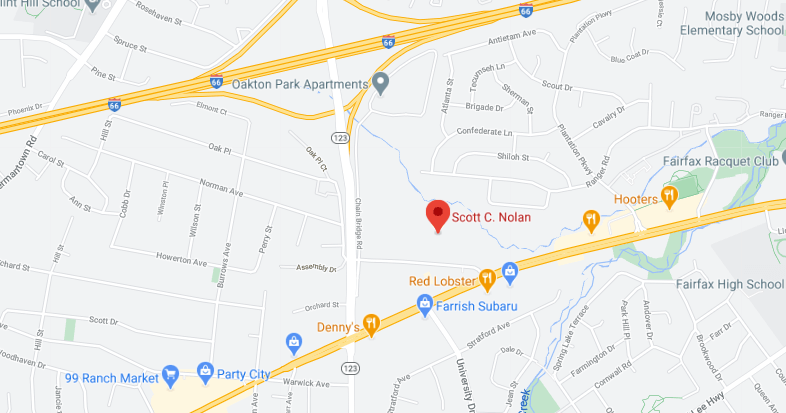A protective order is a legal document issued by a judge or magistrate to protect someone who alleges they’re at significant risk of violence, force, or threat. It means the person named in the protective order as the threat is forced to have no contact with the alleged victim and must stay away from their home for a specific period, depending on the type of order. These are commonly used in domestic violence cases. Read on to learn more about them and what steps someone can take if they’ve been served with a protective order.
What Types of Protective Orders Are Allowed in Virginia?
Three types of protective orders can be issued in Virginia.
- Emergency protective order. This order is issued extremely quickly when the court feels the person requesting the order (the petitioner) is in immediate danger. It lasts for three days after it’s issued or until the next day the court is in session, whichever is later.
- Preliminary protective order. This is the first step in requesting a longer-term protective order. The petitioner must undergo this process to qualify for the permanent protective order. Once they’ve filed for the permanent order, the preliminary order may be ordered into effect and can last up to 15 days. During this time, the court will conduct a hearing to determine if the petitioner is eligible for a permanent protective order.
- Permanent protective order. Although “permanent” is part of its official name, in reality, this type of order lasts for two years. However, the petitioner can file to extend the order an indefinite number of times.
Is a Protective Order a Criminal Issue That Could Lead to Criminal Charges on My Record?
No. A protective order is a civil issue so that it won’t appear on someone’s criminal record or result in jail time. That said, the protective order can become an issue if the person charged with staying away from the petitioner also faces a criminal charge. If the protective order hearing is held before the criminal case and the defendant (the person charged with domestic violence) testifies in the hearing, the testimony could be used against them in the criminal case. The civil case won’t affect the criminal case if the defendant doesn’t testify.

However, attending the protective order hearing can allow the defendant and their criminal defense attorney (highly recommended for these complex cases) to learn what the prosecution uses as evidence and testimony. This can be valuable in building the defense case.
What Defenses Can Be Used in a Protective Order Hearing?
Many people learn they’ve been ordered not to have contact with the petitioner when they’re served with the protective order, whether it’s an emergency or preliminary order. While it’s still a civil issue at this early stage, it’s important to take it seriously. Even though it’s a civil issue, bringing in a criminal defense attorney is crucial to have your best chances to prevent the situation from worsening.
As for defense steps, there are several. One is asking the court for a continuance if there is a related criminal case. Being granted a continuance means you have more time to prepare a defense for your case.
It’s vital that you go through the protective order with your lawyer to understand what is and isn’t allowed. As discussed below, it’s crucial that you don’t violate any of the restrictions in the order because the consequences can be dire. Whatever the court asks of you during the process, be sure to follow through promptly and politely. Arguing with the court or refusing to take the required steps can be held against you.

Your lawyer can help you determine how to collect evidence that can be used to exonerate you. This can be various things, including emails, social media posts, photos, text messages, videos, and eyewitness testimony contradicting the petitioner’s claims. At the same time, it’s wise to avoid discussing the case with others and definitely stay away from the topic on social media.
What if a Protective Order Has Been Issued, But I Want to Contact the Petitioner?
Don’t. If the judge or magistrate has issued a protective order, it’s vital that you adhere to its terms. If you violate any of the terms–try to contact the petitioner by phone, email, social media, etc.
or try to visit the petitioner’s home–that can lead to criminal charges and potentially jail time. The court takes this seriously, and so should you. Suppose there is a valid reason to want to make contact, such as retrieving some of your belongings from the home you previously shared with the petitioner. In that case, this must be undertaken carefully and strictly adhere to legal guidelines.

Even if you’re sure you’re being falsely accused–and that does happen–violating the order will create numerous problems going forth, both in civil and criminal cases. The violation could affect everything from long-term protective orders to custody of your children if you have them.
What Should I Do if I’m Served with a Protective Order?
Call Scott Nolan Criminal Defense as soon as possible at 703-688-9236 to request a free case evaluation. Testifying in a civil situation involving a protective order can significantly impact separate criminal cases. As discussed above, there are pros and cons to testifying to the judge in the protective order hearing. It’s not something to be undertaken lightly. Working with our experienced, knowledgeable criminal defense attorneys can help you determine the best approach for your own protection.











